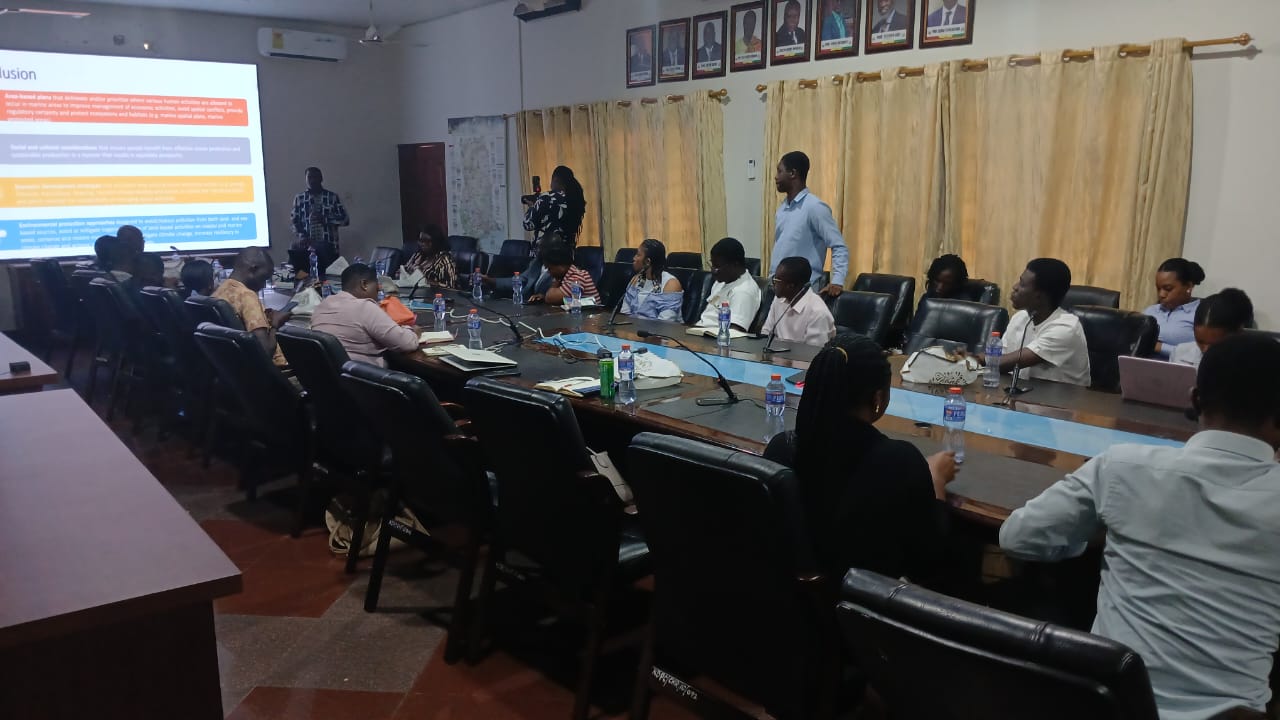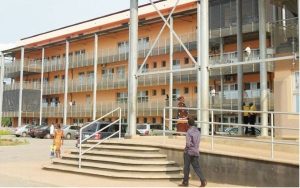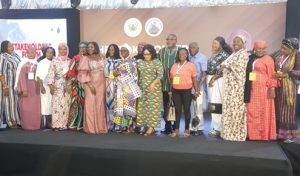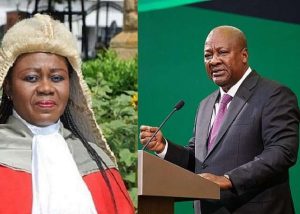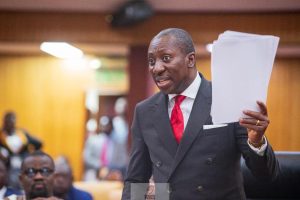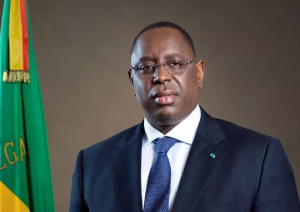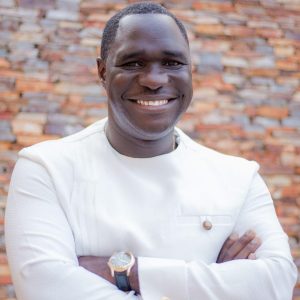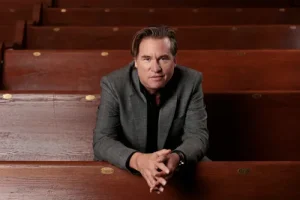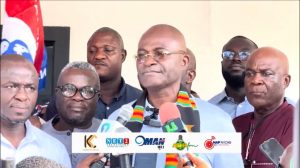The SDGs Advisory Unit in the Office of the President, in partnership with the National Development Planning Commission (NDPC) has organized a one-day non-residential workshop for Journalists on Ghana’s Sustainable Ocean Plan (SOP) Process on the Transformations for a Sustainable Ocean Economy.
As a founding member of the Ocean Panel, the President of Ghana, H. E. Nana Addo-Dankwa Akufo-Addo has underscored Ghana’s commitment to developing a Sustainable Ocean Plan (SOP) by 2025.
The Director of Development Coordination at the National Development Planning Commission (NDPC) Dr.Winfred F.A.Nelson in an interview with Peace News said Ghana’s involvement with the Ocean Panel might be highlighted, showcasing how the country’s efforts align with global initiatives and commitments.
He said the planned transformations in the ocean economy, such as improving fisheries management, reducing marine pollution, and promoting blue economy sectors may emphasize the role of journalists in raising awareness, educating the public, and holding stakeholders accountable in the implementation of the Sustainable Ocean Plan (SOP).
According to him, Ghana is taking a proactive approach to ensuring that its commitments to sustainable ocean management are not only met but also communicated effectively to the public, fostering a culture of accountability and environmental stewardship.
The Focal Person For Ghana Sustainable Ocean Plan, Felix Addo Yobo said water plays a crucial role in all aspects of human life, yet human activities such as sand winning, plastic waste, dynamite, aquaculture and the inappropriate disposal of domestic and industrial solid and liquid waste was threatening the resource and called on stakeholders to create awareness of the need to properly manage water resources on a sustainable basis by embracing conservation and preservation of water bodies and land resources.
The emphasis on journalists’ involvement in the Sustainable Ocean Plan (SOP) process underscores the vital role of the media in driving public discourse and ensuring transparency in environmental initiatives. As Ghana works towards the 2025 deadline for its SOP, the media’s ability to communicate the complexities of ocean sustainability to the public will be crucial.
Journalists are expected to highlight the interconnectedness of ocean health with various sectors of the economy, particularly those related to the blue economy, such as tourism, fisheries, and maritime transport. By doing so, they can help the public and policymakers understand the far-reaching impacts of ocean governance on the country’s economic and social well-being.
The workshop likely provided journalists with insights into the current state of Ghana’s oceans, the challenges they face, and the opportunities that sustainable management could bring. Topics such as marine pollution, overfishing, and climate change would have been key discussion points, as these are critical issues that need to be addressed to ensure a healthy and productive ocean ecosystem.
Moreover, the workshop likely aimed to equip journalists with practical skills for reporting on environmental issues. This could include training on data journalism where journalists learn to analyze and present data on ocean health and sustainability in ways that are accessible to the general public. It might also include sessions on investigative journalism, helping reporters uncover and report on issues like illegal fishing or pollution that threaten the sustainability of Ghana’s oceans.
The one-day workshop is a strategic effort by the SDGs Advisory Unit and the NDPC to harness the power of the media in promoting and monitoring the implementation of the Sustainable Ocean Plan. By empowering journalists with the necessary knowledge and skills, Ghana is taking a proactive approach to ensuring that its commitments to sustainable ocean management are not only met but also communicated effectively to the public, fostering a culture of accountability and environmental stewardship.

